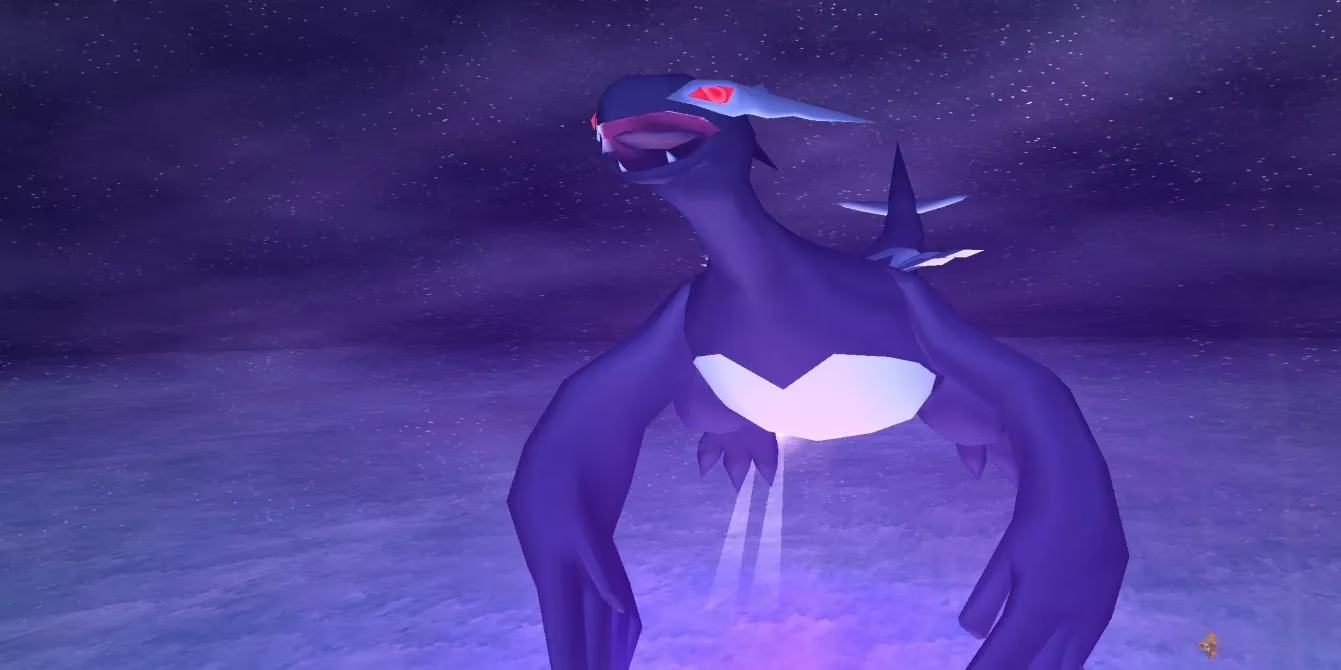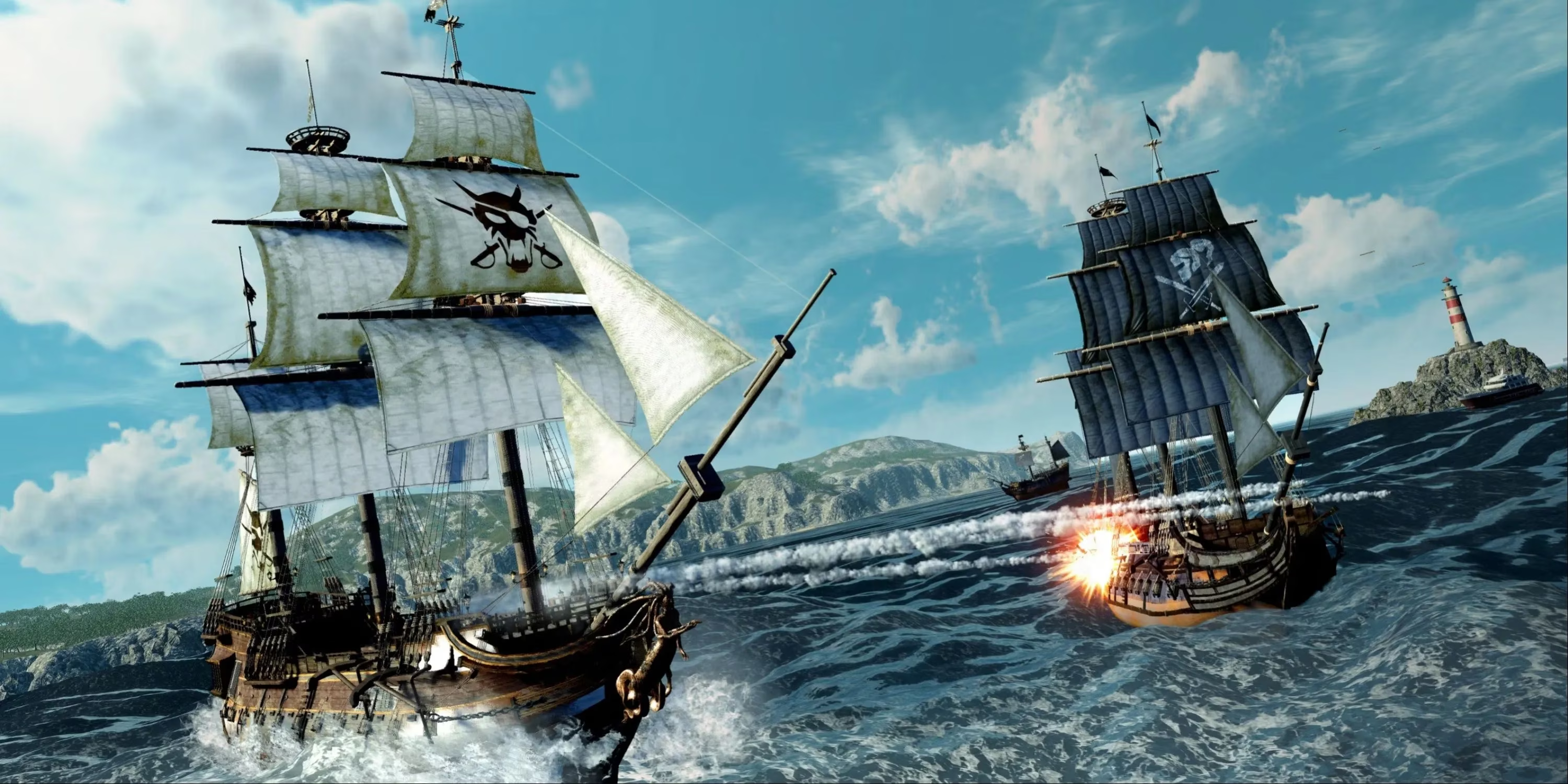From Reuse to Revolution: How Elden Ring and Yakuza Changed Gaming Forever 🎮✨
Discover how asset reuse in modern gaming, exemplified by Elden Ring and Yakuza, revolutionizes creativity and efficiency, transforming industry standards.
I still remember stumbling upon that vintage IGN review of Pokemon XD: Gale of Darkness while researching its 20th anniversary last week. The critic slammed it for reusing assets from Pokemon Colosseum, calling it lazy and unoriginal. Fast forward to 2025, and oh boy, how times have changed! Reading that review now feels like discovering ancient scrolls criticizing fire for being \'too warm\' 🔥. Back then, reusing game assets was seen as a cardinal sin—today, it’s practically an art form. What shifted? We traded rapid releases for endless development droughts, where studios vanish for nearly a decade chasing \'perfection\'. I mean, waiting 8+ years for Rockstar’s next title? It’s like watching paint dry in slow motion 🐢. But here’s the twist: Elden Ring and Yakuza didn’t just break this cycle—they reinvented it with genius-level asset recycling, and I’m OBSESSED with how they did it.

Let’s talk about the elephant in the room: modern game development is broken. Studios like Naughty Dog or CD Projekt Red treat each release like reinventing the wheel 🛞—resulting in agonizing waits (7 years for The Witcher 4? Seriously?!). Even indie darlings like Playdead vanish into thin air for a decade. As a gamer, it’s exhausting. I crave consistency, not radio silence followed by a \'masterpiece\' that demands 200GB of storage. Remember when Pokémon faced backlash for reusing maps? Now, we’d kill for that efficiency! The pendulum swung too far toward \'originality at all costs\', and honestly? It drained the joy out of anticipation. Waiting for games shouldn’t feel like a PhD in patience 😩.
But then—cue angelic choir—came FromSoftware and Ryu Ga Gotoku Studio. These legends didn’t just reuse assets; they weaponized them. Take Elden Ring: it borrowed animations, enemies, and dungeons from Dark Souls but rearranged them into a sprawling, fresh universe. I gasped exploring those recycled-yet-mysterious catacombs 🏰—it felt nostalgic yet thrillingly new. And guess what? It won more Game of the Year awards than any title in history! No one cried "lazy"; we all cheered "genius" 💡.

Then there’s Yakuza (now Like a Dragon), which turned Kamurocho into gaming’s most beloved recurring character 🌆. For 20 years, RGG recycled the same streets, shops, and mini-games—and instead of boredom, we got emotional whiplash. Remember Yakuza 0’s empty lot that later held a pivotal building? That’s storytelling through reuse! Kamurocho isn’t just a backdrop; it’s an old friend who evolves with every visit. I’ve spent hours battling in the same alleyways, and somehow, it never gets old. Why? Because RGG masters recontextualization: same assets, new soul.
Here’s why their approach SLAYS:
-
🧠 Efficiency = Creativity: Less time rebuilding basics = more time polishing combat or writing killer quests.
-
💖 Familiarity breeds connection: Reused settings become living worlds (Kamurocho feels more real than my hometown!).
-
⚡ Faster releases: Elden Ring took 4 years; Yakuza drops every 1-2. YES PLEASE.
| Tactic | Pokemon XD (2005) | FromSoftware/RGG (2025) |
|---|---|---|
| Asset Reuse | Criticized as "lazy" | Praised as "innovative" |
| Fan Reaction | Mixed reviews | Record-breaking sales |
| Development Speed | Rushed feeling | Strategic & intentional |
Looking ahead, I’m dreaming of a gaming renaissance where reuse isn’t taboo—it’s celebrated 🥂. Imagine Nintendo dropping Zelda spin-offs using Hyrule’s existing map, or indie devs remixing pixel art into new narratives. We’ve already won the war on asset shame thanks to Elden Ring and Yakuza, but the revolution is just beginning. Personally? I’d trade a dozen \'ground-up\' blockbusters for more games that feel like coming home 🏡. Here’s to shorter waits, smarter recycling, and worlds that grow with us—not disappear for a decade.
✨ Final thought: Next time you explore a familiar dungeon or stroll through Kamurocho, remember—you’re not seeing laziness. You’re witnessing legacy. And damn, does it feel good.**